Berlin Film Festival 2016: Morgan Neville talks about The Music of Strangers
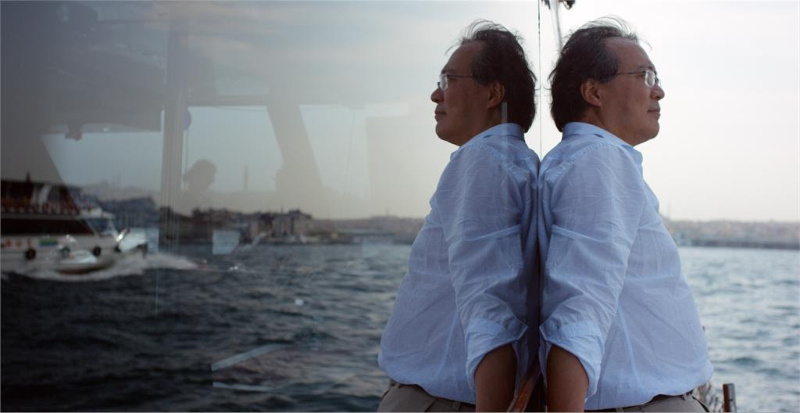
Morgan Neville is an American documentary filmmaker who turned heads with the startling 20 Feet from Stardom, a focus on the life of back-up singers in pop music. He has spent the last year travelling with the Silk Road ensemble, a group of musicians lead by cellist Yo Yo Ma, who tour the world, uniting global musical styles under one roof. We had a chance to talk to him about his new documentary, The Music of Strangers: Yo Yo Ma and the Silk Road Ensemble, which happened as a result.
The film talks about how music is an international language that has the potential to connect us all together. Could you talk a little bit about this idea?
You can intellectually talk about music as an international language and how different tonalities work together. It’s interesting on an intellectual level, but ultimately I realised that the music had all that information in an emotional way. The more you explain it, the less powerful it becomes. You could write a book about the ideas behind music and behind the hybridisation of music, but ultimately that wasn’t the my goal. I’m a musician and I find it fascinating, which is why I kept doing these interviews. But when I got into the editing room I wanted to explore it from a different perspective.
So do you think there is a distinction between you as a musician and a you as a director?
Over the course of my career I have learned that film, like music, is an emotional form of storytelling, and as much as my inner musician can identify with the subjects, I feel like each film is an emotional journey. The film should play like music. It should move from different moods and should flow a certain way. I think more about that over the years of making movies. It can be difficult watching documentaries trying to make intellectual points by bashing you over the head with talking heads. It’s like eating your spinach you know? Its something your supposed to do but ultimately The best way to get an audience to buy into your message is to have them identify
You selected the subjects based on their geographical background, was there any other criteria?
I thought about that with each of the subjects – one to represent geographic diversity and one for gender – but in the end they all had such diverse backgrounds and experiences. To me, especially coming from the US, the idea of culture is nice but frivolous. When we cut education programmes, the arts are always the first to go. But when you really look at what the arts do… It teaches motivation, collaboration, creativity – things that are essential to having a healthy life. You look at musicians who come from countries that value the arts and the power of culture – look at the cultural revolution in Russia and China. For me, reminding people of the power of culture was paramount, and it’s hard because culture is soft and hard to measure. It’s not like politics or economics, which is why its had to sell.
You say in the film that Yo Yo Ma is on a constant mission. Every time he steps off the plane he begins his work, not only as a musician but as someone who has something to say. Can you talk a little bit about that?
I don’t have the energy that Yo Yo has. At the end of every day he was the last person there, you would have to drag him out. I remember leaving the hotel every night and having to pull him away from some deep conversation with the bellboy and drag him onto the bus, and for him that is the true joy of his mission. I wish I had his energy and willingness to spread that good will. Hes been living on the road for 40 years, doing records and tours with a variety of different artists from different parts of the world and getting flak from people in the classical community for doing that.
Can you talk a little about this divide between classical music and pop culture? The two seem to be worlds apart.
There are so many similarities and differences. The music industry is one of the most passionate businesses there is and no one is pursuing a career in it without being extremely passionate about music. That’s the saving grace. Part of the reason I did this documentary was to learn about this new world of music, the classical world, which is the most repressed part of the musical world. It’s very difficult for people to open up emotionally and I think that’s part of the reason why Yo Yo stands out in that world. There’s a formality to the classical world that doesn’t allow that kind of emotion.
You began your working life as a political journalist. What caused the transition into documentary filmmaking?
I don’t miss political journalism, not because I’m not interested in politics but it felt like so much in America is partisan. The right wing media and the left just preach to the converted. I used to work for the latter and I agreed with a lot of what they were saying but didn’t feel like we were changing a lot of minds, and so I got very frustrated when I was young doing that. I also had a great love of culture and I keep coming back to the same question: how do we bridge cultures and political divides? If we look at Johnny Cash and his image in the US – how do you get a figure like that who can be revered by punks, Christians, Republicans, everyone? How do we find the overlap where we can all agree? So in a way I feel like I’m still doing political work.
Sean Gallen
The Music of Strangers does not have a UK release date yet.
Read more of our reviews and interviews from the festival here.
For further information about Berlin Film Festival 2016 visit here.
Watch the trailer for The Music of Strangers: Yo Yo Ma and the Silk Road Ensemble here:


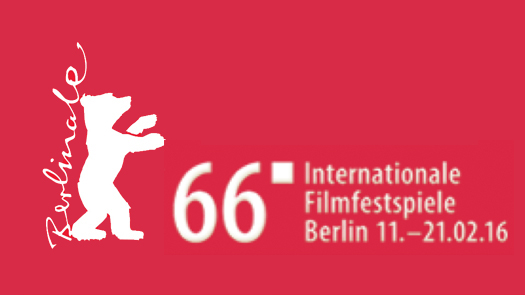










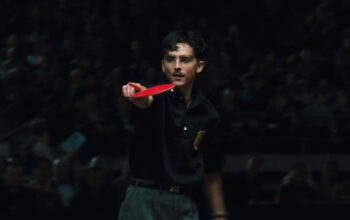





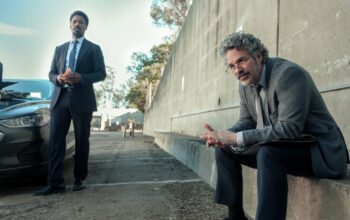
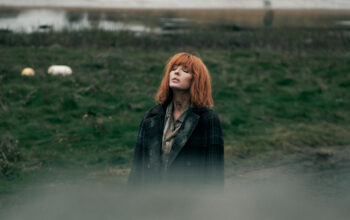


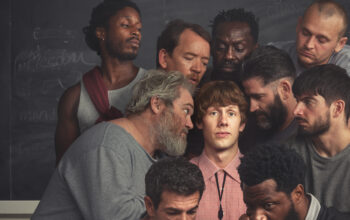
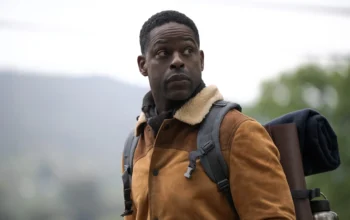

Facebook
Twitter
Instagram
YouTube
RSS